
The Song
What More Adornment!
हृदय् परोश्मोनि आमार्-
(भूषन् बाकि कि आछे रे!)
(जगोत्-चन्द्रो-हार् पोरेछि!)
Hridoy poroshmoni aamaar –
(Bhushan baaki ki aachhe re!)
(Jogot-chandro-haar porechhi!)
O touchstone of my heart – / (What is left by which I can adorn myself?) / (I have put on the garland of the Lord who is the moon of the world!)
Diese Geschichte stammt aus der February 2022 -Ausgabe von The Vedanta Kesari.
Starten Sie Ihre 7-tägige kostenlose Testversion von Magzter GOLD, um auf Tausende kuratierte Premium-Storys sowie über 8.000 Zeitschriften und Zeitungen zuzugreifen.
Bereits Abonnent ? Anmelden
Diese Geschichte stammt aus der February 2022 -Ausgabe von The Vedanta Kesari.
Starten Sie Ihre 7-tägige kostenlose Testversion von Magzter GOLD, um auf Tausende kuratierte Premium-Storys sowie über 8.000 Zeitschriften und Zeitungen zuzugreifen.
Bereits Abonnent? Anmelden

Panchakroshi Parikrama of Varanasi
At the snow-capped Kailas, the Divine Lord Shiva was seated with Mother Parvati.
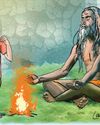
Gadai and the Monks
A fictional narrative based on incidents from the childhood of Sri Ramakrishna.
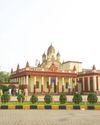
Chintayo momo maanosho Hori...
Sri Ramakrishna loved songs. There probably was no normal day when he did not sing some songs.
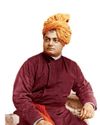
The Vedanta Vaccine
The world is still struggling under the impact of the pandemic due to Covid-19 for the last three years.
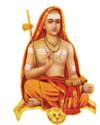
Chandrakirti's Chariot: Self in Madhyamaka Buddhism and Advaita Vedanta
The goal in Advaita Vedanta is the cessation of suffering and the attainment of true fulfillment. Suffering, according to this school, is due to ignorance of the true nature of the self and consequent erroneous identification with the body-mind.
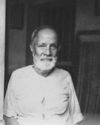
Reminiscences of Sargachhi
Question: यद्यदाचरतत श्रेष्ठसतत्तदरेवरेतरो जनिः। ‘Whatever a superior person does, others do the same thing!’ (Gita 3:21) – What does this statement mean?
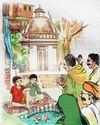
THE AUTUMN FESTIVAL
A fictional narrative based on incidents from the childhood of Sri Ramakrishna.
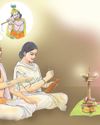
Bards of Guruvayur: Vilwamangalam II
Saints of India
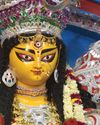
In the Universal Mother’s Divine Playground
Swami Vivekananda never taught the worship of Mother Kali. In a letter to Mary Hale he writes, “Kali worship is not a necessary step in any religion.
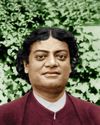
Swami Vivekananda: A Sportsman Par Excellence
In various books and articles, Swami Vivekananda has been called a spiritual leader, a prophet, a patriot, a social reformer, a philosopher, a yogi, a writer, an orator, an educationist, a musician, and so on.